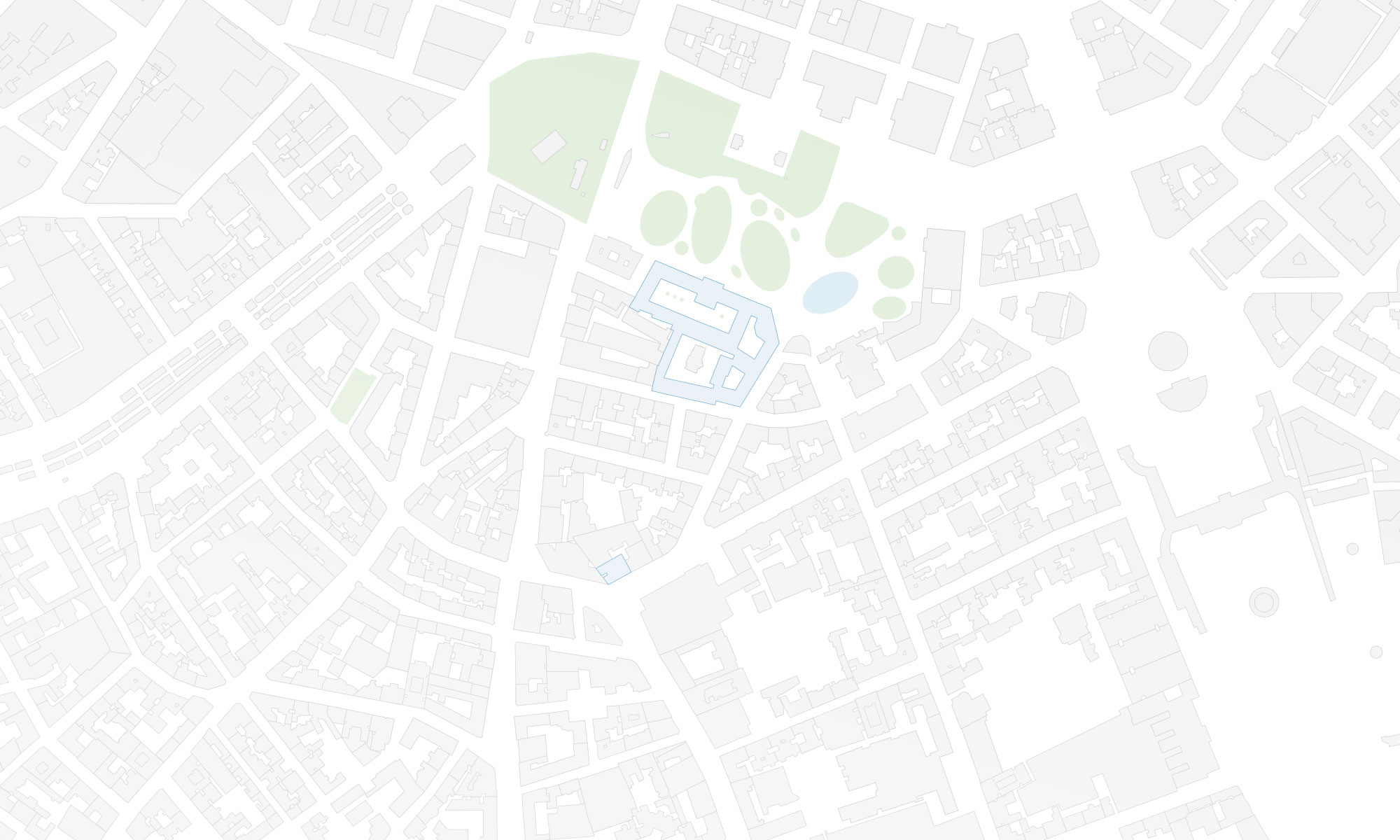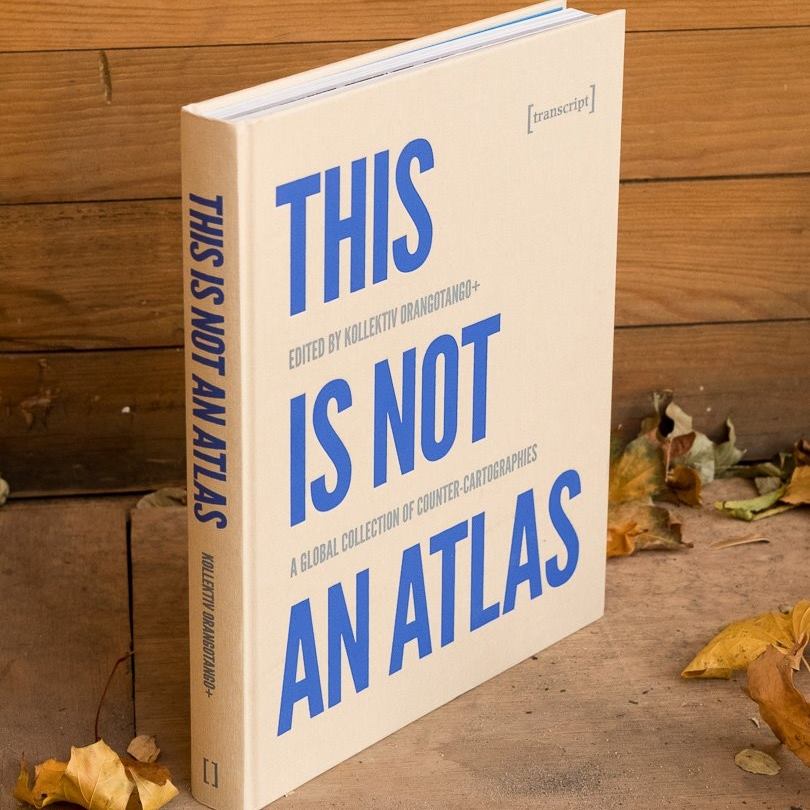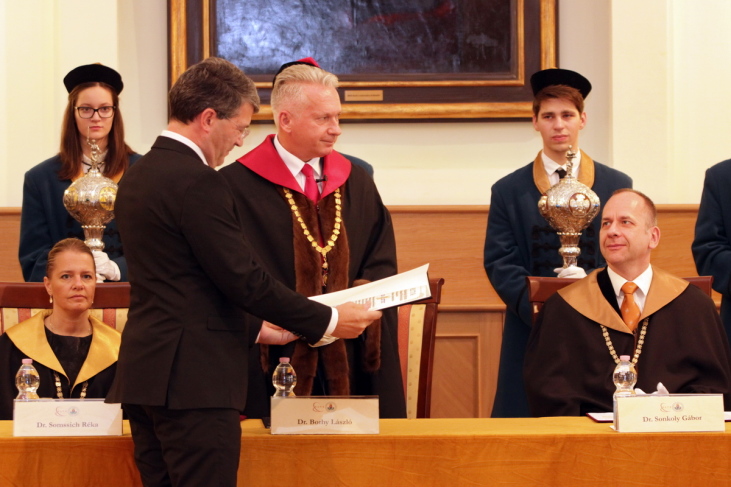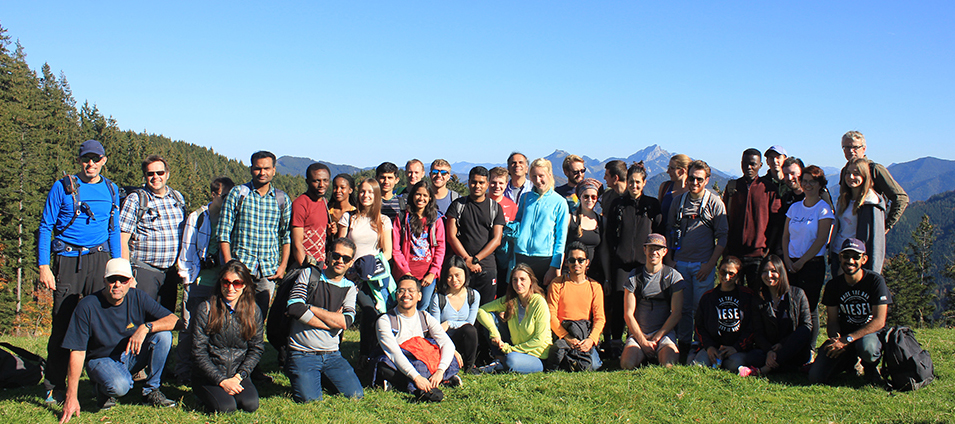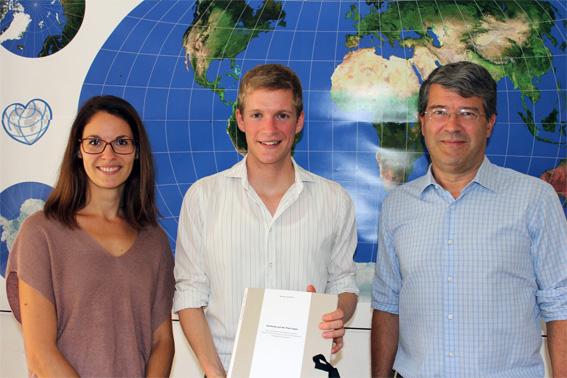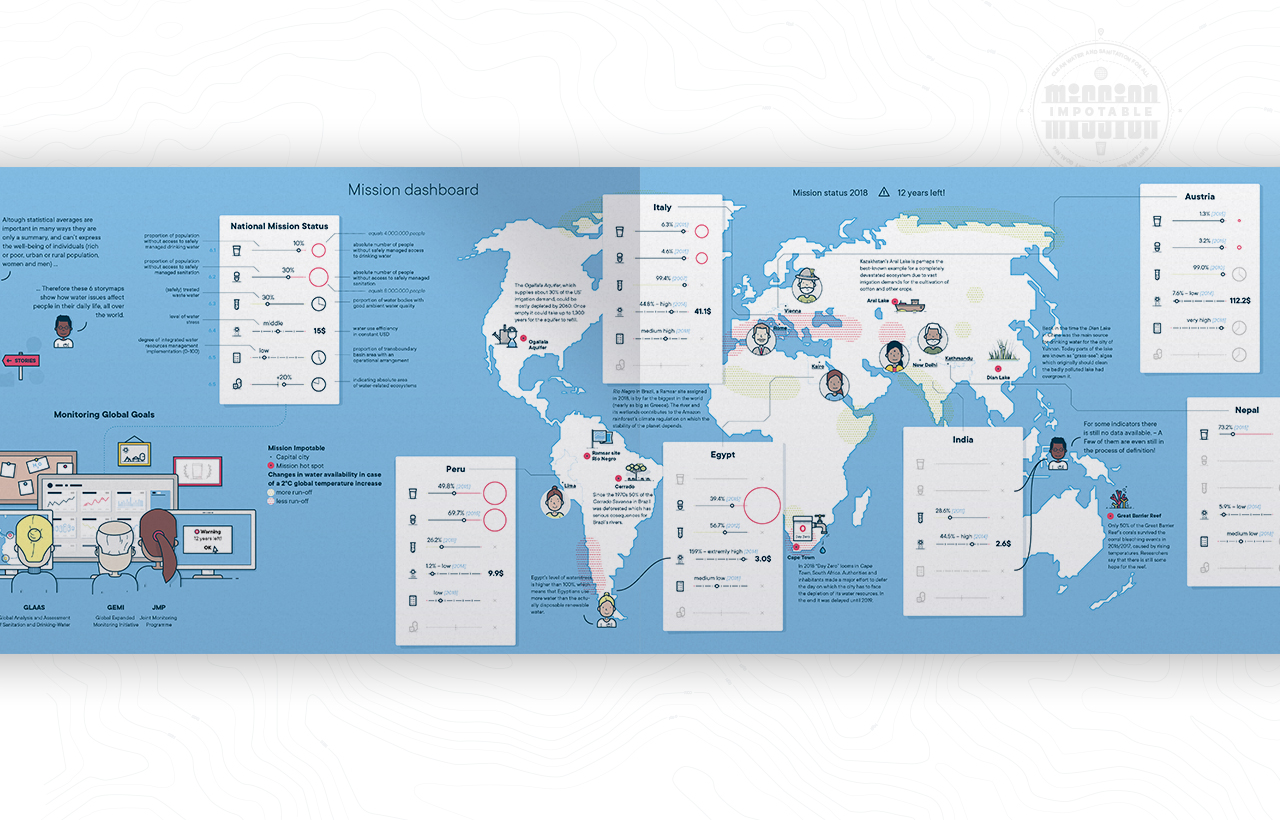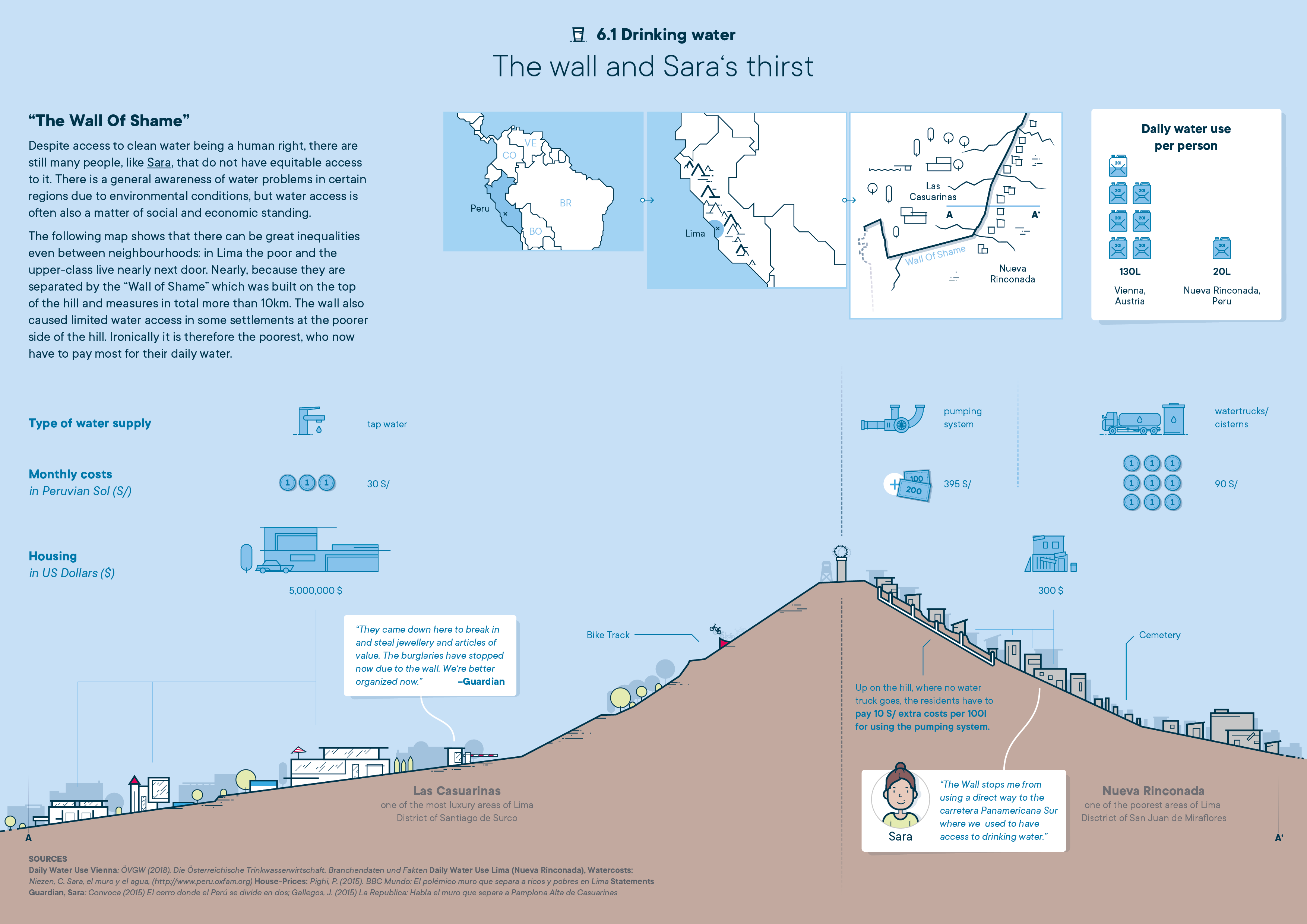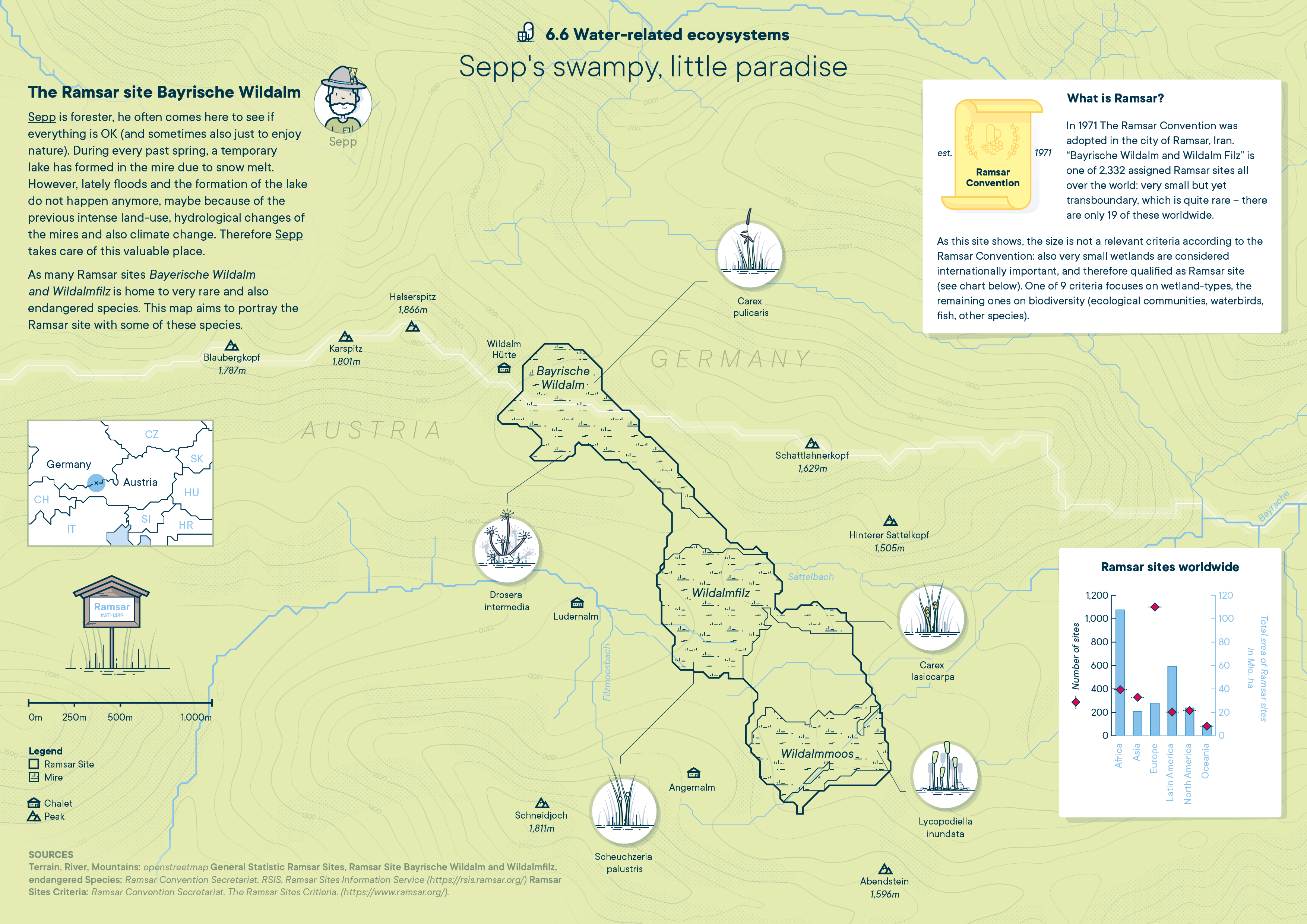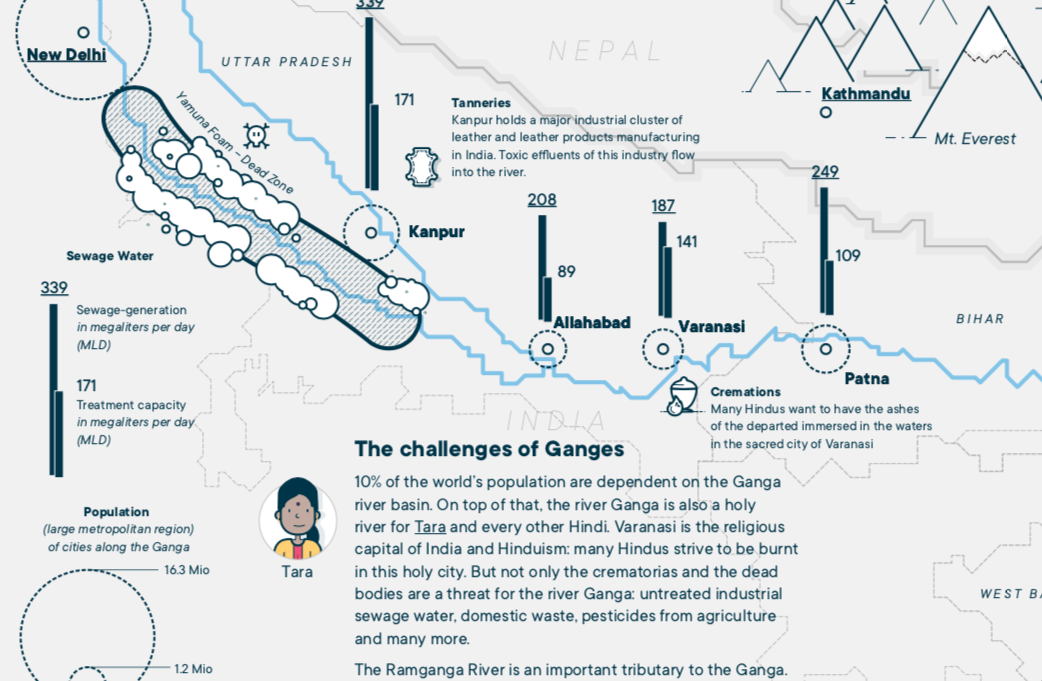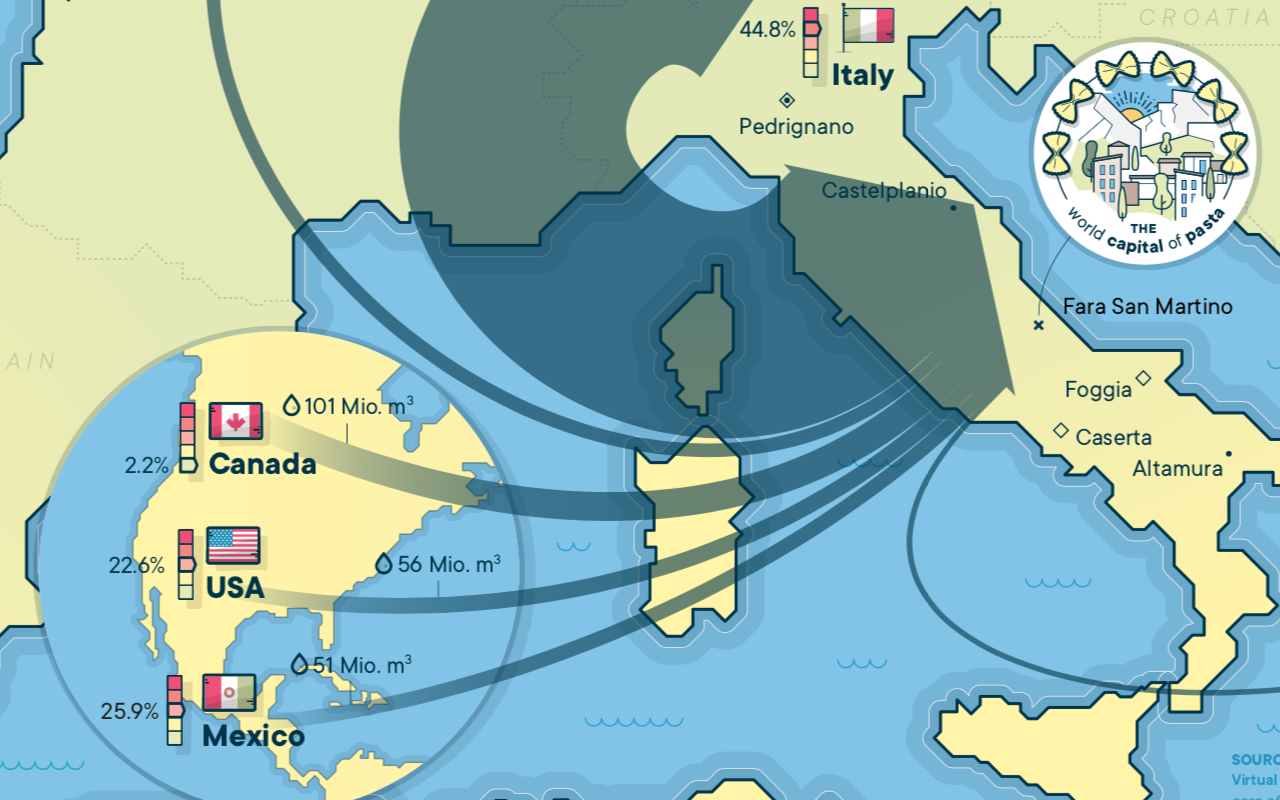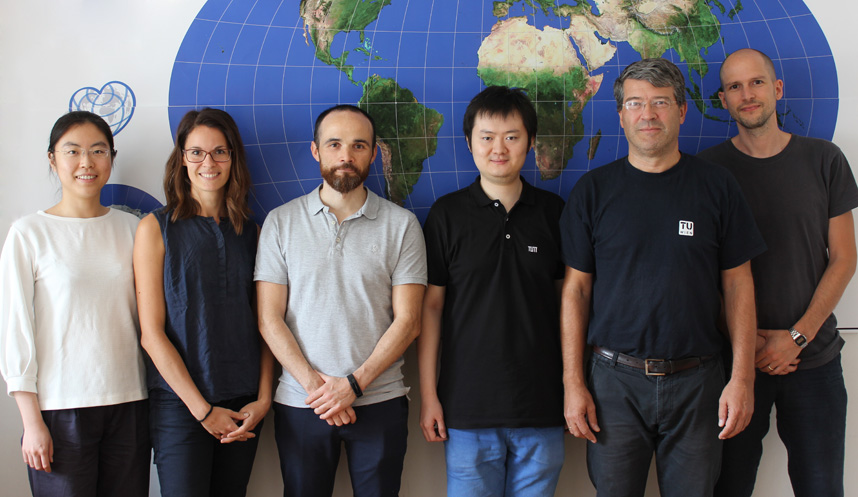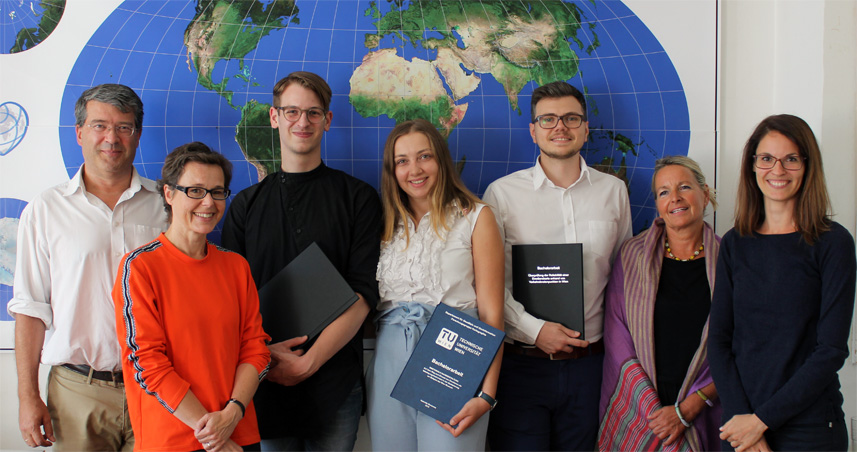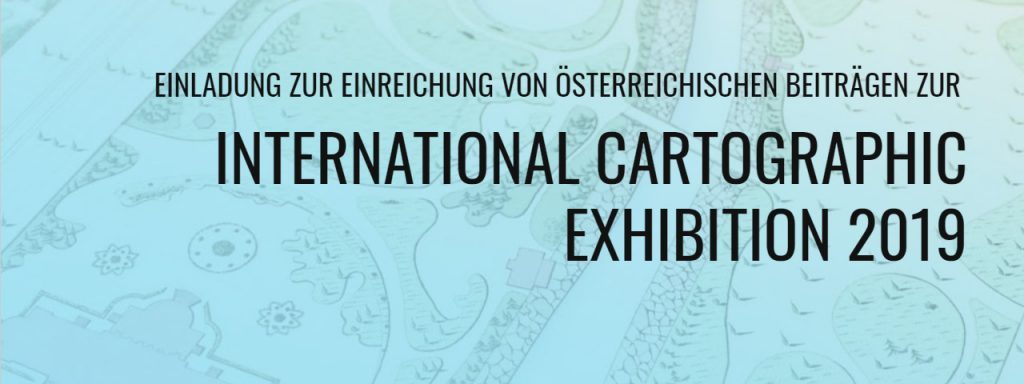
Vom 15.–20. Juli 2019 findet in Tokio, Japan, die 29. International Cartographic Conference (ICC) statt. In diesem Rahmen wird auch wieder die International Cartographic Exhibition organisiert – eine Ausstellung für digitale und analoge Karten aus aller Welt. Bis 30. April 12. Februar haben Sie die Möglichkeit, österreichische Beiträge für die Ausstellung zu nominieren!
Warum teilnehmen?
- Sichtbarkeit Ihres Produkts bei über 1.500 Kartographie- und GIS-ExpertInnen aus aller Welt bei der International Cartographic Conference (ICC 2019)
- Listung im online verfügbaren Ausstellungskatalog
- Chance, einen ICA Map Award zu gewinnen. ICA Map Awards eignen sich hervorragend als Marketinginstrument. Die ausgezeichneten Beiträge werden im Anschluss außerdem als Map of the Month auf der ICA-Website gefeatured und erreichen auf diese Weise eine hohe Sichtbarkeit.
Alle Infos zur Nominierung finden Sie unter sites.google.com/view/callformaps-2019.
Ansprechpartnerin für die österreichischen Beiträge bei der ICC-Kartenausstellung ist Manuela Schmidt.
